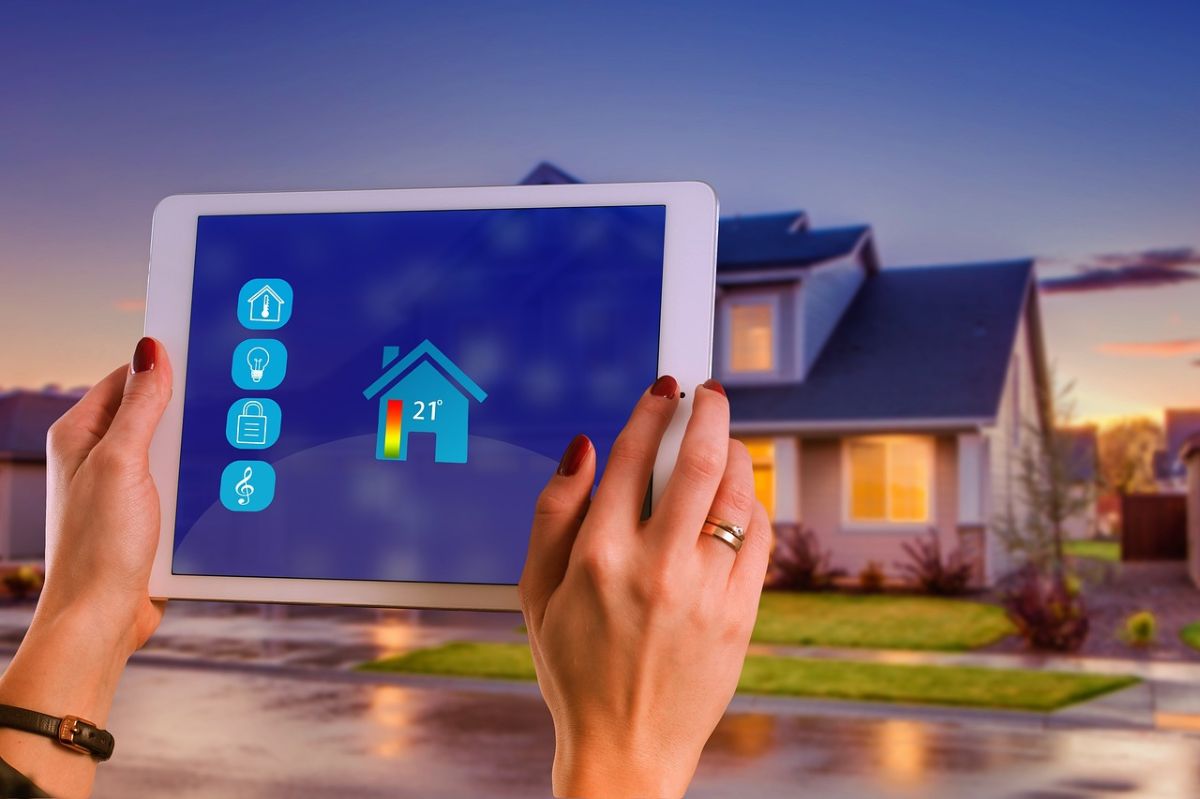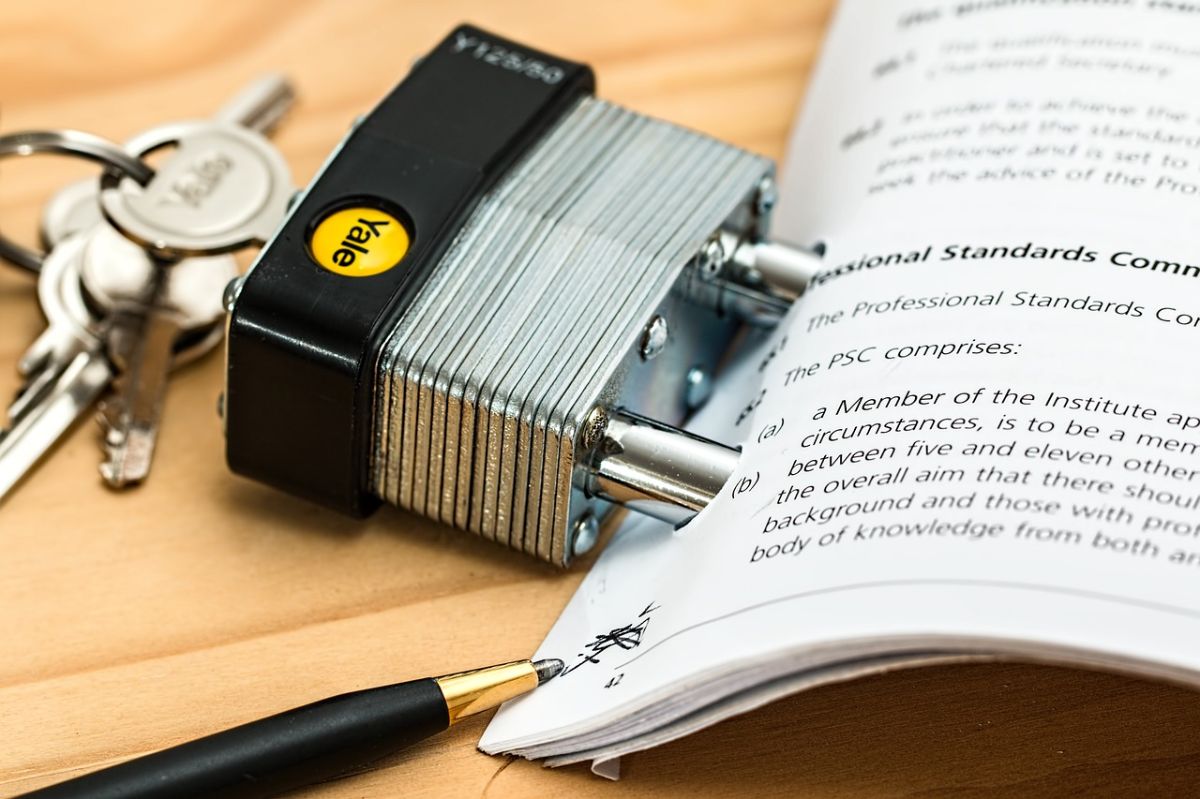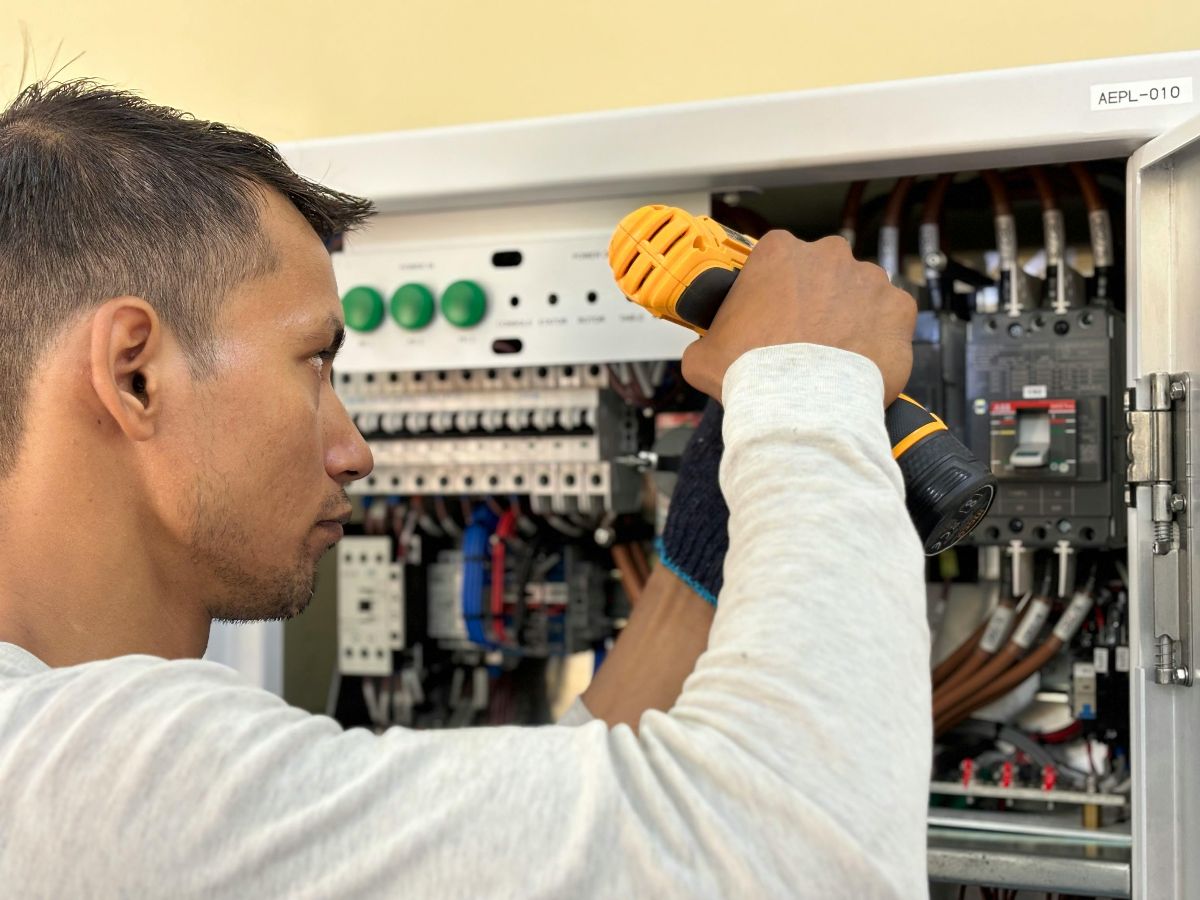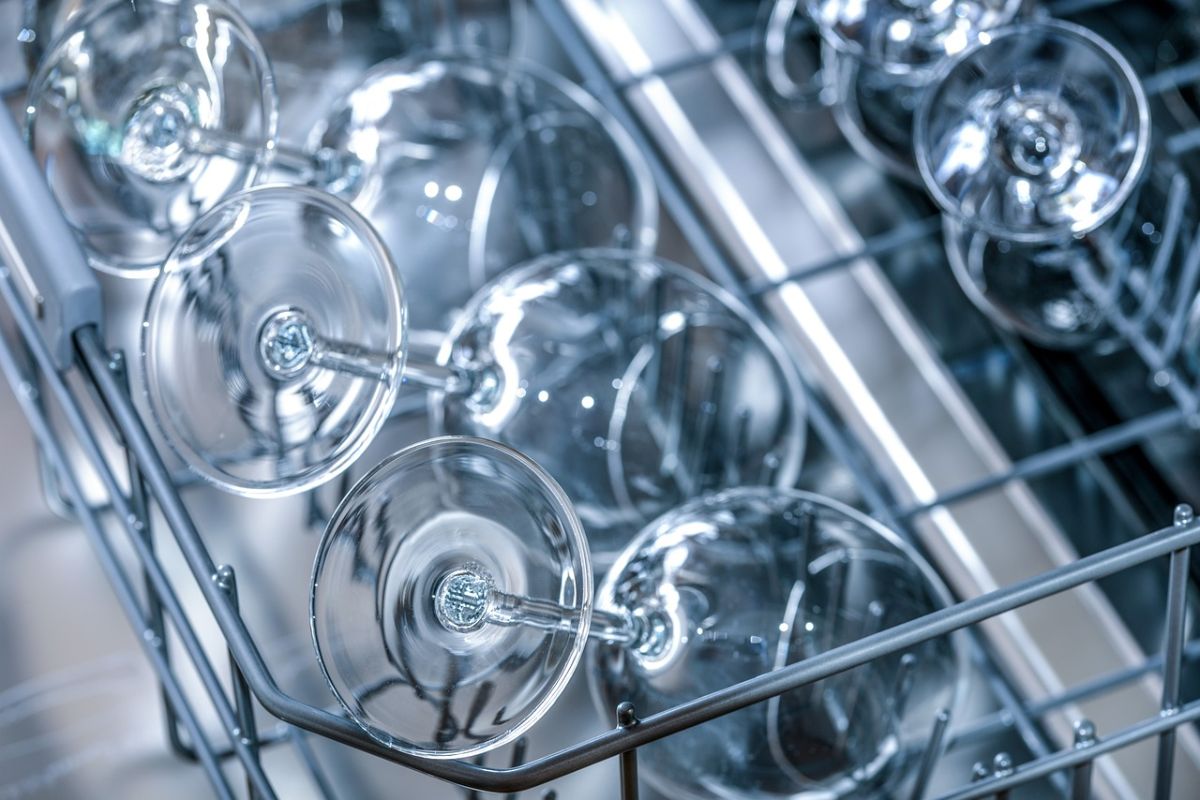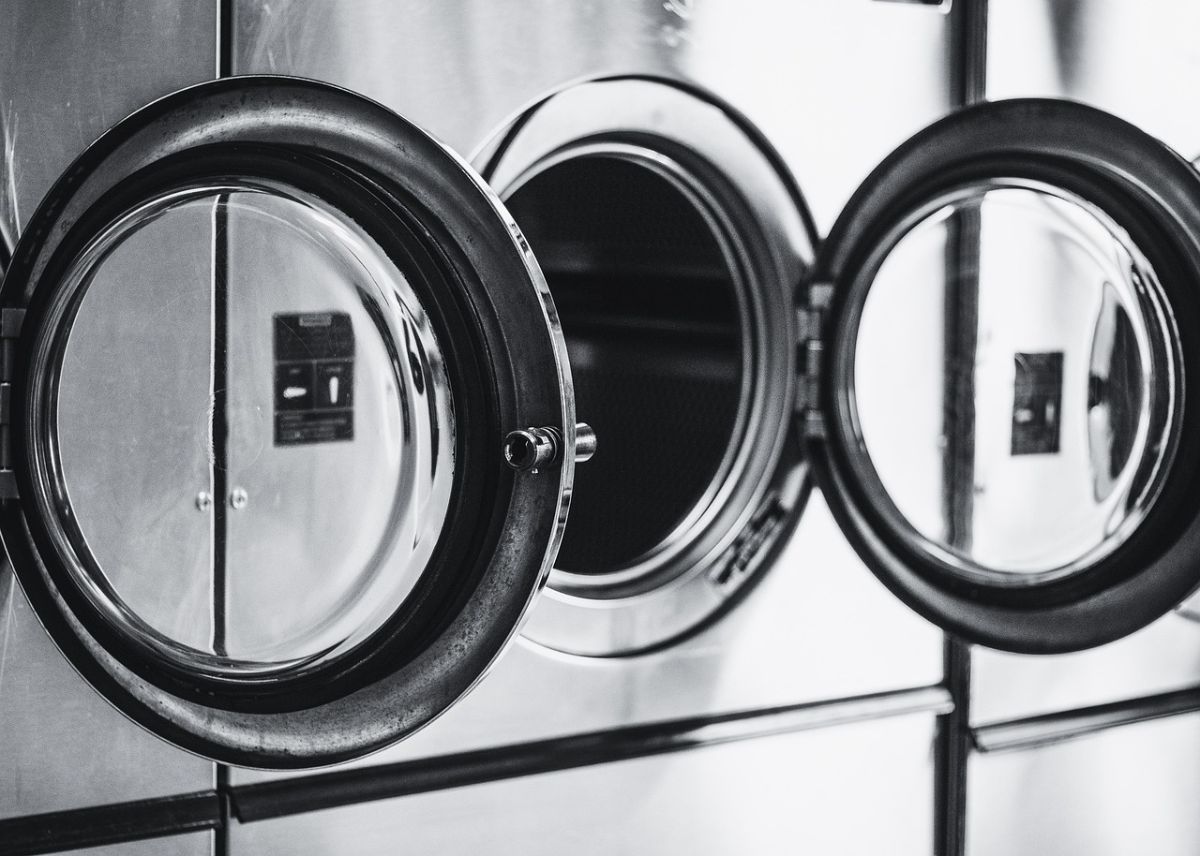In our fast-paced world, technology is continually advancing, and the Internet of Things (IoT) is rapidly transforming our homes. Smart appliances are becoming increasingly popular for their convenience and efficiency. However, before you rush to invest in these cutting-edge devices, it’s crucial to consider whether smart appliances are truly worth it and to be aware of the potential hidden costs and security considerations that come with them.
Benefits of Smart Appliances
Smart appliances, such as smart refrigerators, ovens, and washing machines, promise a range of benefits:
Convenience: One of the most significant advantages is the convenience they offer. With smart appliances, you can control and monitor your devices remotely through smartphone apps, voice assistants, or even when you’re not at home.
Energy Efficiency: Many smart appliances are designed to be more energy-efficient, helping you save on your utility bills in the long run.
Improved Functionality: Smart appliances often come with additional features and functionalities that can make your daily tasks easier, like the ability to customize settings, receive notifications, and integrate with other smart home devices.
Disadvantages of Smart Appliances
While smart appliances offer a range of benefits, they also come with their fair share of disadvantages that you should consider before making a purchase:
Complexity: The advanced technology and features in smart appliances can be overwhelming for some users. Setting up and troubleshooting these devices may require technical expertise or time-consuming online research, which can be frustrating for those who prefer simplicity.
Shorter Lifespan: Smart appliances tend to have a shorter lifespan compared to their traditional counterparts. The rapid pace of technological advancements can render your smart appliances obsolete sooner than you’d like, leading to the need for frequent replacements.
Learning Curve: If you’re not tech-savvy, there can be a steep learning curve when it comes to using and maintaining smart appliances. Figuring out how to maximize their potential and troubleshoot issues can be challenging for some users.
Hidden Costs of Smart Appliances
While the benefits are compelling, there are hidden costs associated with owning and maintaining smart appliances that are often overlooked. Here are some factors to consider:
Higher Initial Cost: Smart appliances generally come with a higher price tag compared to their traditional counterparts. This initial investment can be a significant barrier for some consumers.
Subscription Fees: Many smart appliances and their accompanying apps or services require ongoing subscription fees. These fees can add up over time, making the true cost of ownership more substantial.
Maintenance and Repairs: Smart appliances have complex electronic components, which can be expensive to repair or replace. Traditional appliances are often simpler and less costly to maintain.
Compatibility Issues: Ensuring that all your smart appliances work seamlessly together can be a challenge. Incompatibility issues can lead to frustration and additional expenses.
Depreciation: Just like any other electronic device, smart appliances can become outdated quickly. Newer models with improved features and security updates are released regularly, potentially leaving you with outdated devices.
Security Considerations
Security is a significant concern when it comes to smart appliances:
Data Privacy: Smart appliances collect and transmit data, often including personal information. It’s essential to be aware of how this data is used and protected by the manufacturer or service provider.
Vulnerabilities: Smart appliances can be vulnerable to hacking and cyberattacks. If not properly secured, they can become entry points for malicious actors to gain access to your home network and personal data.
Software Updates: Regular software updates are essential to patch security vulnerabilities. Failure to keep your smart appliances updated can put your privacy and security at risk.
Default Passwords: Some smart appliances come with default passwords, which are often easy for hackers to guess. Changing these passwords is crucial for security.
Conclusion:
Smart appliances offer undeniable convenience and efficiency, but their worthiness ultimately depends on your specific needs and priorities. Be aware of the hidden costs associated with smart appliances, including higher upfront expenses, subscription fees, and maintenance costs. Moreover, take security considerations seriously and invest in proper safeguards to protect your personal data and home network.
Before investing in smart appliances, carefully assess your requirements, budget, and willingness to manage potential expenses and security concerns. Make informed decisions to ensure that your smart home enhances your life without compromising your peace of mind.

